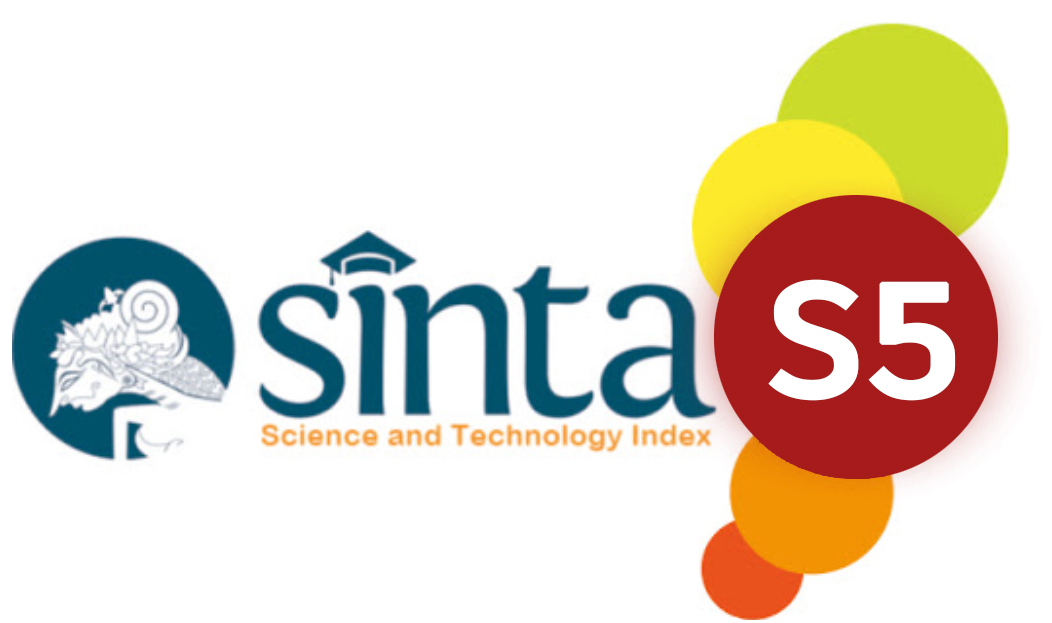E-Business Strategies and Digital Marketing Practices – Literature Review
DOI:
https://doi.org/10.31004/riggs.v4i1.362Keywords:
Customer engagement, Digital marketing, Digital transformation, E-business strategies, Online businessAbstract
The rapid growth of digital technology has transformed the landscape of business operations. E-business strategies and digital marketing practices have become essential for achieving competitiveness, customer engagement, and market expansion. This literature review aims to explore and analyze the key components, trends, and implications of e-business strategies and digital marketing practices. By synthesizing findings from various academic sources, this study identifies common themes and emerging innovations in the field. The results show that successful e-business strategies are built on agility, customer-centricity, and data-driven decision-making, while digital marketing is increasingly personalized and omnichannel in nature. The review contributes to the understanding of how businesses adapt their models in the digital economy.
Downloads
References
Chaffey, D. (2015). Digital Business and E-Commerce Management. Pearson Education.
Tiago, M. T. P. M. B., & Veríssimo, J. M. C. (2014). Digital marketing and social media: Why bother? Business Horizons, 57(6), 703–708.
Laudon, K. C., & Traver, C. G. (2020). E-commerce: Business, Technology, Society. Pearson.
Kannan, P. K., & Li, H. (2017). Digital Marketing: A Framework, Review and Research Agenda. International Journal of Research in Marketing, 34(1), 22–45.
Chong, A. Y. L., Ooi, K. B., Lin, B., & Tang, S. Y. (2010). Influence of e-commerce success factors on firm performance. International Journal of Electronic Commerce, 14(4), 69–95.
Kotler, P., Kartajaya, H., & Setiawan, I. (2021). Marketing 5.0: Technology for Humanity. Wiley.
Schwab, K. (2016). The Fourth Industrial Revolution. Crown Business.
Chaffey, D., & Ellis-Chadwick, F. (2019). Digital Marketing. Pearson UK.
Porter, M. E., & Heppelmann, J. E. (2014). How Smart, Connected Products Are Transforming Competition. Harvard Business Review, 92(11), 64–88.
Overby, E., Bharadwaj, A., & Sambamurthy, V. (2006). Enterprise agility and the enabling role of information technology. European Journal of Information Systems, 15(2), 120–131.
Liu, H., Ke, W., Wei, K. K., & Hua, Z. (2019). The impact of IT capabilities on firm performance: The mediating roles of absorptive capacity and supply chain agility. Decision Support Systems, 94, 1–10.
Ryan, D. (2016). Understanding Digital Marketing: Marketing Strategies for Engaging the Digital Generation. Kogan Page Publishers.
Chaffey, D. (2021). Digital Marketing: Strategy, Implementation & Practice. Pearson.
Verhoef, P. C., Kannan, P. K., & Inman, J. J. (2015). From Multi-channel Retailing to Omni-channel Retailing. Journal of Retailing, 91(2), 174–181.
Lemon, K. N., & Verhoef, P. C. (2016). Understanding Customer Experience Throughout the Customer Journey. Journal of Marketing, 80(6), 69–96.
Bharadwaj, A., El Sawy, O. A., Pavlou, P. A., & Venkatraman, N. (2013). Digital Business Strategy: Toward a Next Generation of Insights. MIS Quarterly, 37(2), 471–482.
Downloads
Published
How to Cite
Issue
Section
License
Copyright (c) 2025 Jeanne Nurtami Depi, Yulia Puspita Sari, Fitri Chintiyani, Rahmi Rachmawati Sari, Finny Redjeki

This work is licensed under a Creative Commons Attribution 4.0 International License.



























